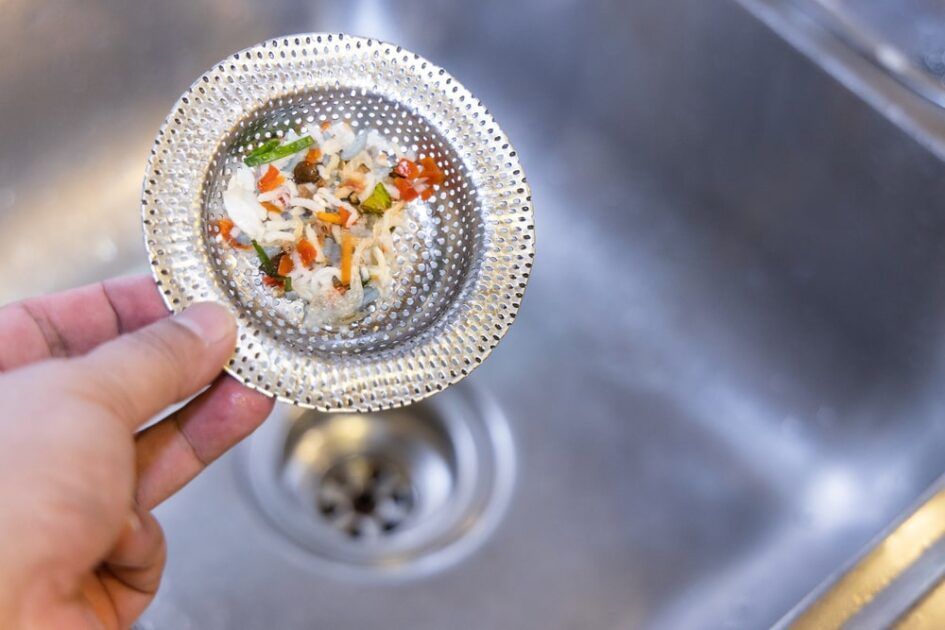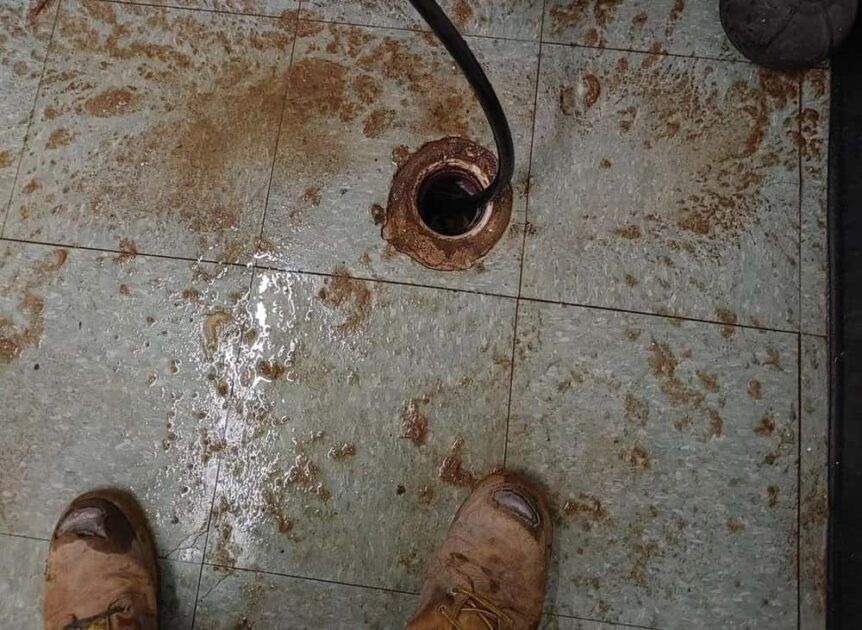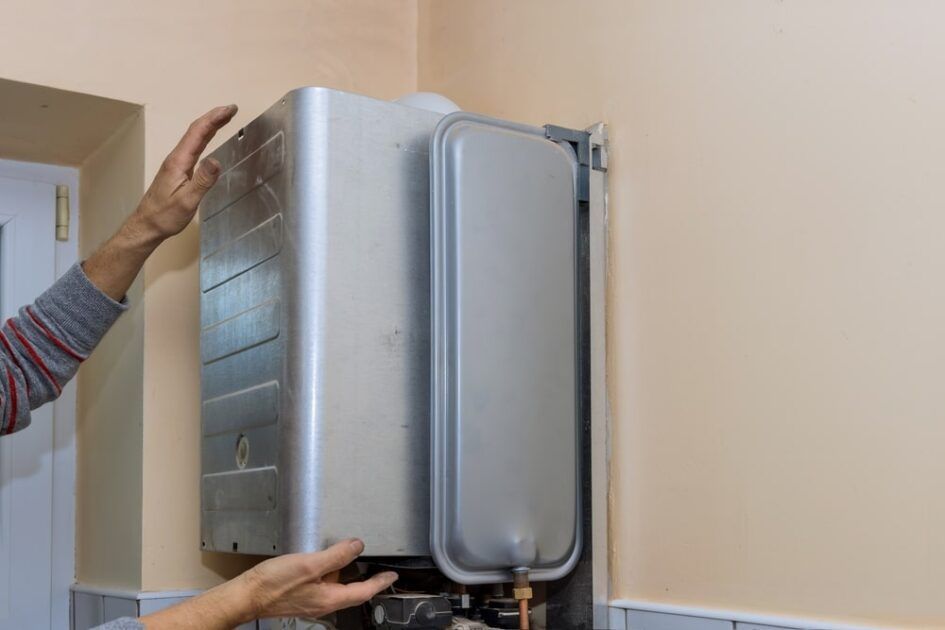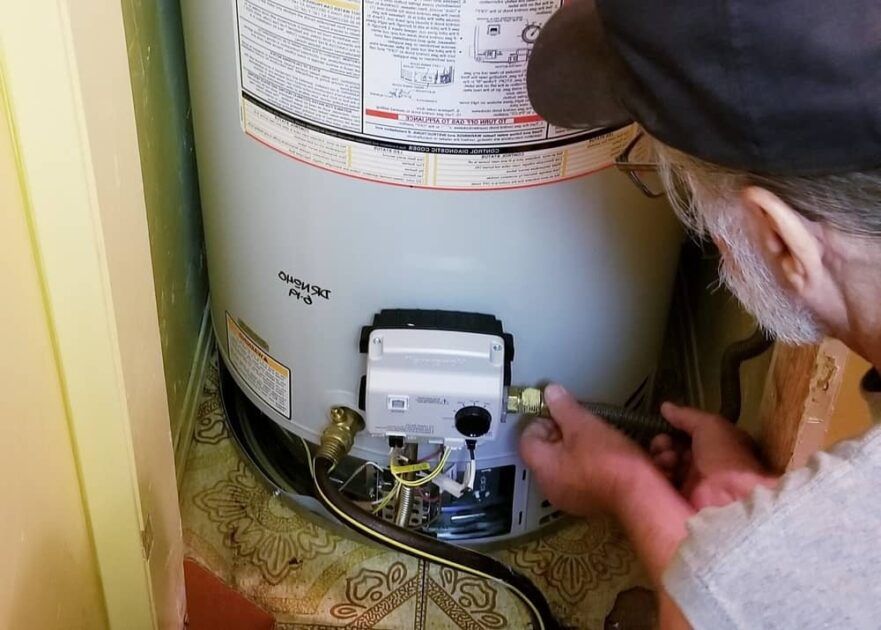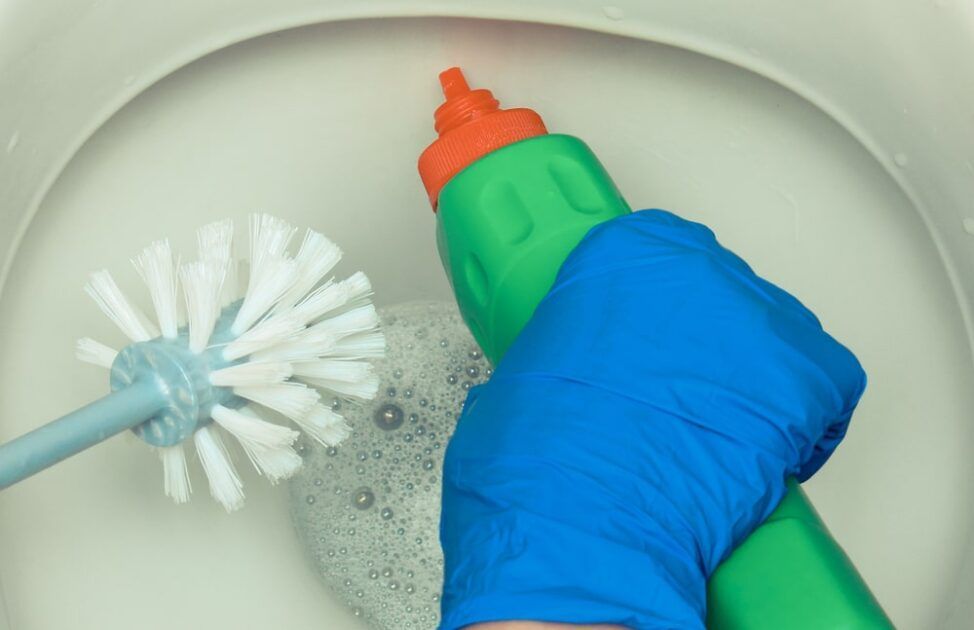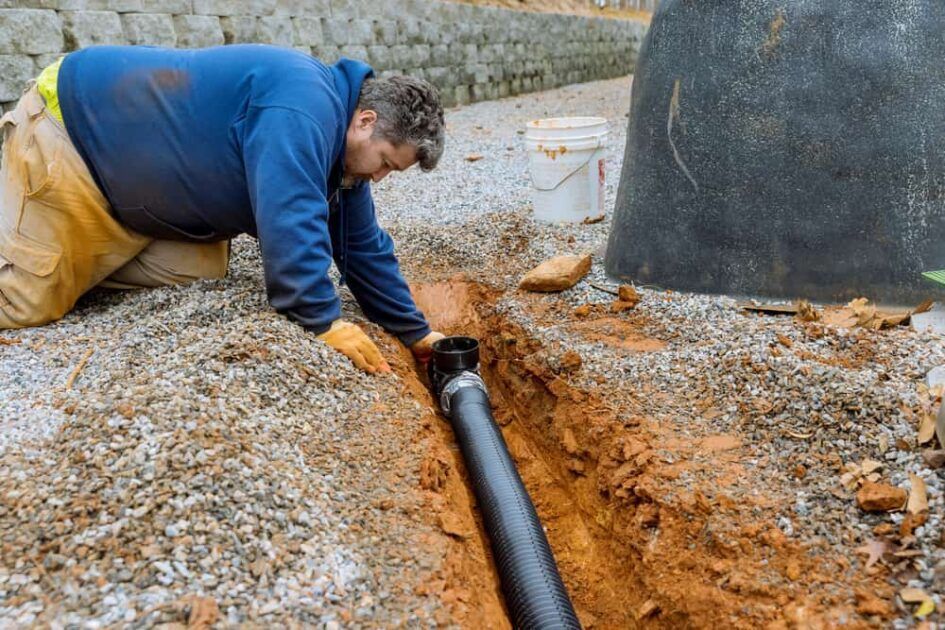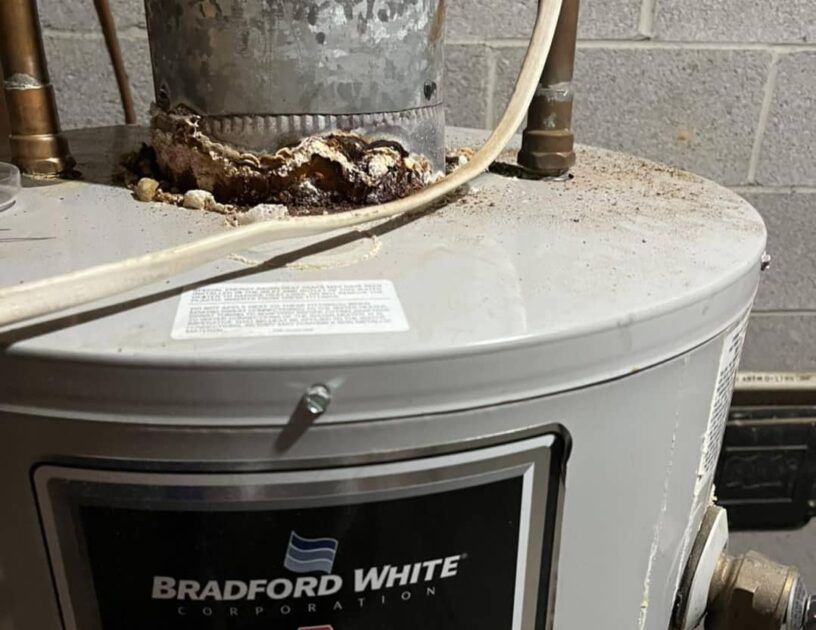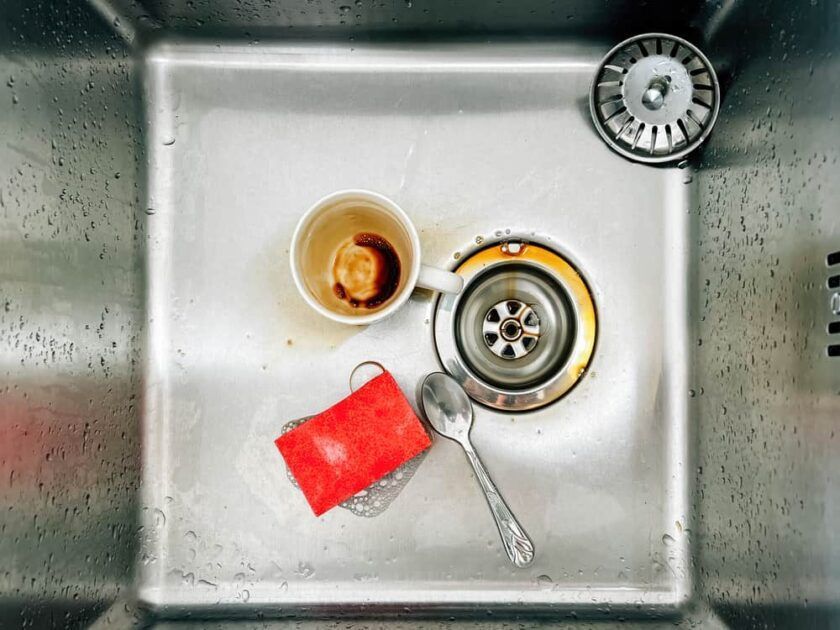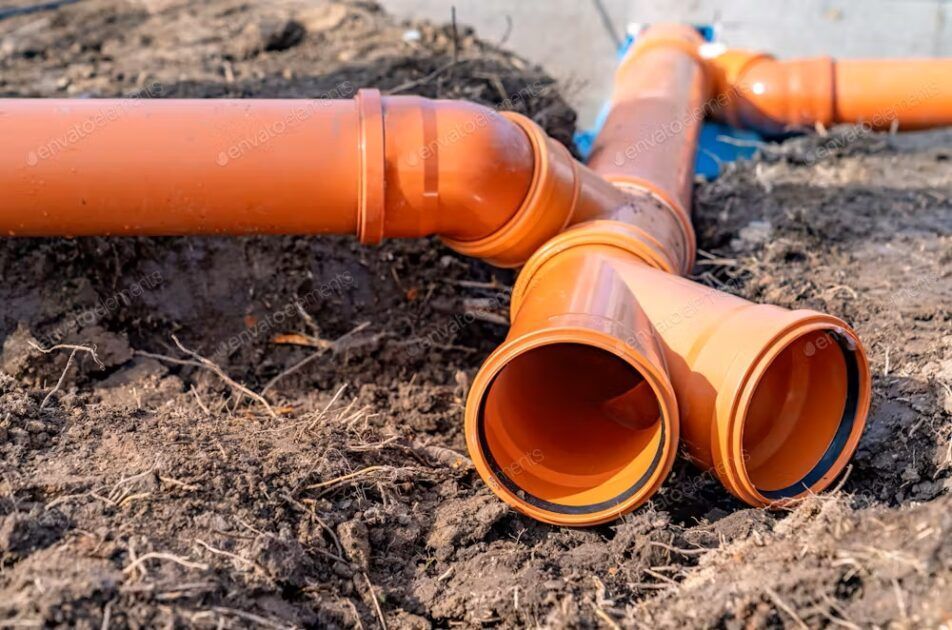Understanding Low Water Pressure: Common Causes & Solutions by Rooter-Man Plumbers
One of the foundations of home comfort and convenience is access to reliable sources of water. From showering and dish-washing to doing laundry and watering plants, we rely on water in many aspects of daily life – showering being chief among them. But sometimes, our homes experience low water pressure; when this occurs, it can be particularly disconcerting. If you’re suffering from weak water pressure in your Southern Illinois home, don’t hesitate to acquire our professional plumbing services.
In this article, we’ll delve into the root causes of Insufficient water pressure in homes and answer the frequently asked question: ‘What causes low water pressure throughout the house?
Understanding Low Water Pressure in a House
Before delving into the causes behind low water pressure in your house, it’s essential to understand what constitutes low water pressure. This condition occurs when faucets and showerheads deliver a weaker water flow than normal. As a result, everyday tasks like showering or washing dishes become more challenging. This can lead to both frustration and inconvenience among homeowners.
Why Is My Water Pressure Low in My House: Common Factors
There can be various reasons for low water pressure in your home, and understanding these common reasons will help you identify and address them more quickly and efficiently.
1- Sediment Buildup in Pipes
Over time, sediment as well as mineral deposits, can build up in your plumbing pipes. They restrict water flow and lower pressure, decreasing both. Sediment accumulation is more prevalent among older homes with older pipes but can affect any system.
Solution : In order to address this problem, consider hiring a professional plumber to flush your pipes and clear any buildup of sediment from within them. Regular maintenance visits may help prevent future occurrences of this issue.
2- Leaks in Your Plumbing System
Unknown leaks in your plumbing system can drastically lower water pressure. Even small leaks can waste significant quantities of water before reaching its final destination: your faucets and appliances.
Solution : It is imperative that any suspected leak be addressed quickly. A certified professional plumber can perform a leak detection assessment and address any issues within your plumbing system to restore water pressure quickly and effectively.
3- Corroded Pipes
Corrosion can also contribute to low water pressure. Over time, your plumbing pipes may corrode due to environmental influences and their exposure to water; corrosion can block pipes or reduce diameter, restricting water flow.
Solution : Replacing corroded pipes with new ones is the most efficient long-term solution. For best results, consult with a pro plumber to assess the extent of corrosion and plan replacements as soon as necessary.
4- Water Supply Issues
In some instances, low water pressure could be the result of issues with the municipal water supply system – such as main breaks, maintenance work, or high demand during peak usage times.
Solution : If the water supply seems to be the issue, consider contacting your local water authority or utility company. They can provide useful insight into ongoing problems and give you an estimated timeline for resolution.
5- Pressure Regulator Issues
Homes often utilize pressure regulators to manage water pressure; when these fail, either too high or too low pressure may result.
Solution : Hiring a plumber to inspect, adjust, or replace your pressure regulator can ensure it functions as it should and maintains an ideal water pressure level for your home.
6- Fixture Issues
It could also be possible that the issue lies within individual fixtures like faucets or shower heads themselves, where mineral deposits and debris clogging the drain may restrict water flow, leading to decreased pressure for improved performance.
Solution : Regularly clean and maintain your fixtures to improve water pressure while saving water resources. Aerators may help improve water pressure while simultaneously conserving resources.
7- Water Heater Problems
If low hot water pressure is apparent only during certain times of day, sediment buildup in your water heater tank could be to blame. Reduced efficiency could then affect hot water flow, resulting in low pressure for all uses.
Solution : Regular flushing of your water heater can help avoid sediment buildup and maintain optimal hot water pressure levels. Consult with either its manufacturer’s guidelines or seek professional water heater repair assistance.
Preventing and Addressing Low Water Pressure
Poor water pressure can significantly impact your quality of life at home. Prevention is crucial, and that starts with regular maintenance checks by professional plumbers who can identify potential problems before they escalate. Swift action is vital for both preserving your home’s comfort level and protecting your plumbing system from further issues. If you encounter persistent low water pressure and can’t pinpoint the cause, consulting a licensed plumber for a targeted assessment is the best course of action.
Understanding the root causes—like sediment buildup, leaks, corroded pipes, and faulty pressure regulators—is essential for effective problem-solving. When faced with dropping water pressure, don’t hesitate to seek expert assistance from Rooter-Man Plumbers by calling 618-692-9350. By proactively addressing and preventing these issues, you can ensure a well-functioning and comfortable home environment.
The post Understanding Low Water Pressure: Common Causes & Solutions by Rooter-Man Plumbers appeared first on Rooter-Man Plumbers.
